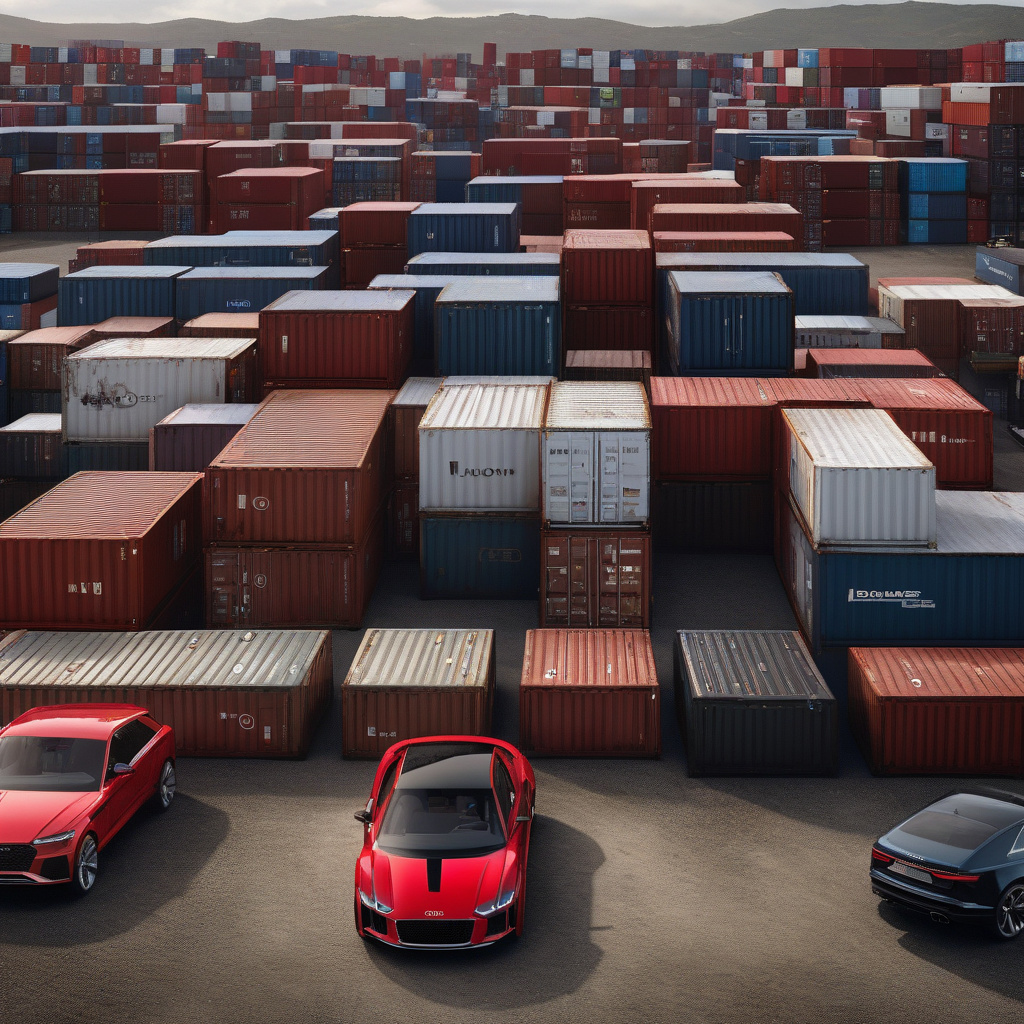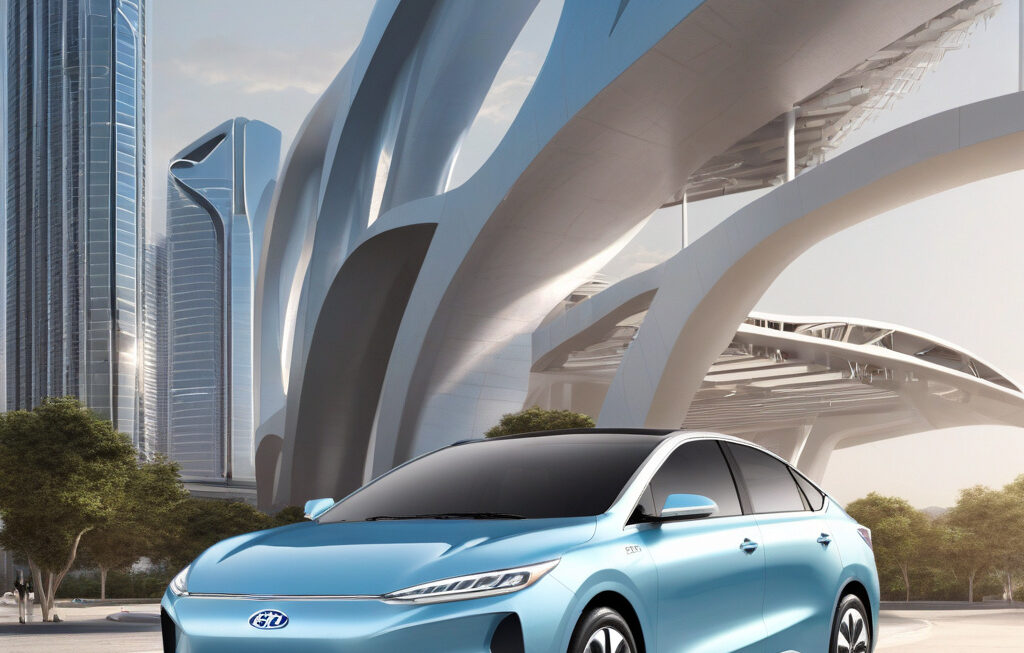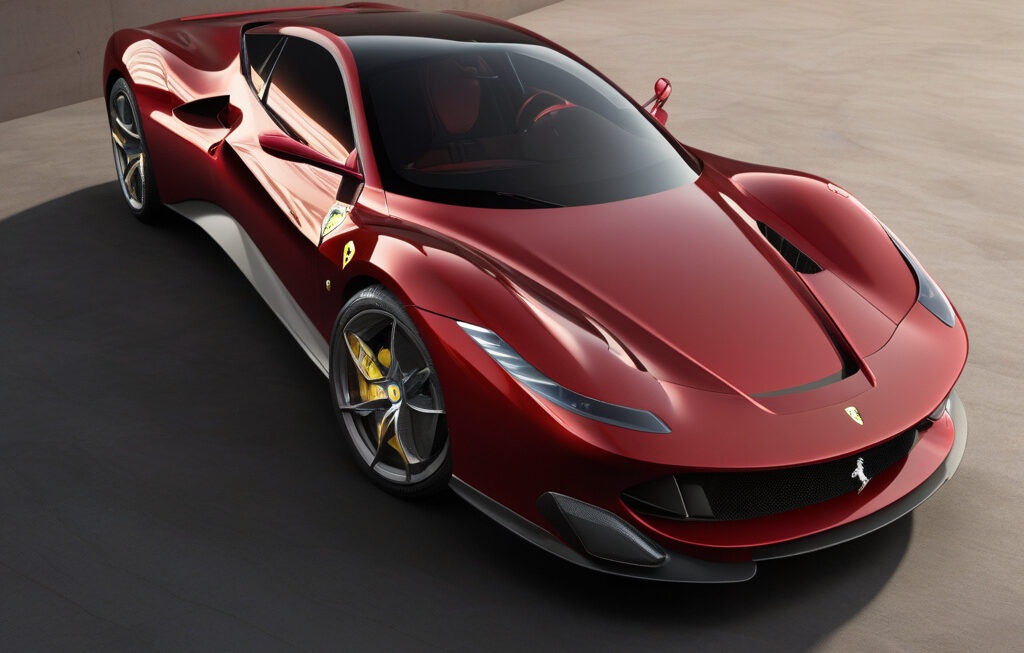Trump’s 25% Tariff Forces Audi, Jaguar Land Rover, Stellantis to Halt US Shipments
The automotive industry is currently facing a significant challenge due to the recent implementation of a 25% tariff by the Trump administration. This decision has forced major car manufacturers, including Audi, Jaguar Land Rover, and Stellantis, to take drastic measures to navigate the impact on their businesses.
Audi, a renowned German luxury car manufacturer, has been compelled to halt all vehicle deliveries that arrived at U.S. ports after April 2. This move comes as a response to the substantial financial burden imposed by the new tariff, which has disrupted the company’s supply chain and increased operational costs. As a result, Audi has been forced to reassess its shipping strategies and temporarily suspend further shipments to the United States.
Similarly, Jaguar Land Rover, a British automotive company known for its premium vehicles, has also been significantly affected by the tariff increase. In light of the ongoing trade tensions, the company has been forced to reevaluate its export operations to the U.S. market. Jaguar Land Rover has made the difficult decision to suspend shipments temporarily, as the additional costs incurred by the tariff have made it financially unfeasible to continue business as usual.
Stellantis, a multinational automotive manufacturer formed by the merger of Fiat Chrysler Automobiles and PSA Group, is another key player that has been forced to adapt to the changing trade landscape. The company has experienced disruptions in its supply chain and distribution channels, leading to delays in vehicle deliveries to the U.S. market. Stellantis is actively seeking alternative solutions to mitigate the impact of the tariff and ensure the continuity of its operations in the face of these unprecedented challenges.
The repercussions of the 25% tariff imposed by the Trump administration are reverberating throughout the automotive industry, prompting companies to reconsider their strategies and make difficult decisions to safeguard their financial stability. As the situation continues to evolve, manufacturers like Audi, Jaguar Land Rover, and Stellantis are facing mounting pressure to find innovative solutions to navigate this period of uncertainty and protect their businesses from further disruptions.
In conclusion, the recent tariff increase has created a complex and challenging environment for automotive manufacturers operating in the U.S. market. Companies like Audi, Jaguar Land Rover, and Stellantis are grappling with the immediate impacts of the tariff on their supply chains and delivery schedules. Moving forward, these manufacturers will need to demonstrate resilience, flexibility, and adaptability to overcome the obstacles posed by the tariff and ensure the long-term sustainability of their businesses in the ever-changing global trade landscape.
Audi, Jaguar Land Rover, Stellantis, Trump administration, automotive industry












